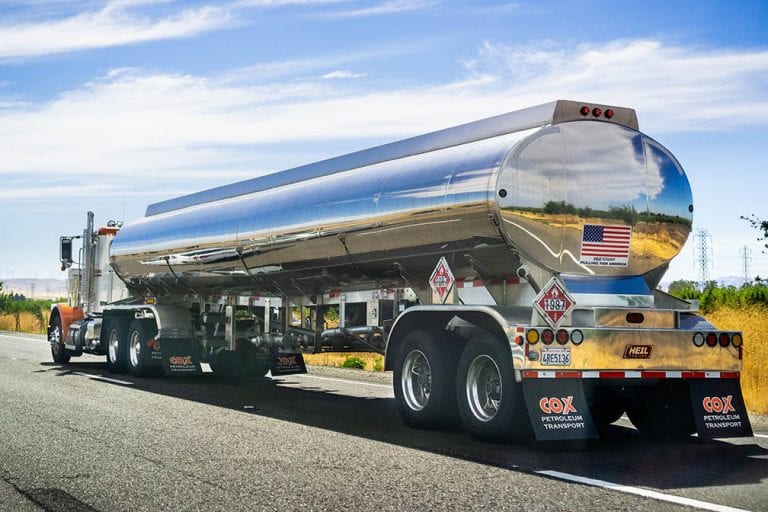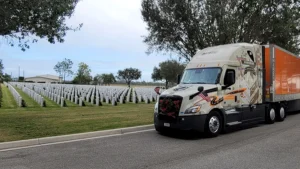WASHINGTON — The U.S. Department of Transportation (USDOT) announced May 11 that 10 states affected by the Colonial Pipeline ransomware attack can allow overweight trucks transporting fuel to use interstates and federal highways.
The 10 states include Alabama, Georgia, Kentucky, Louisiana, Maryland, Mississippi, New Jersey, North Carolina, Tennessee and Virginia. These states are already covered by a separate order, issued by the Federal Motor Carrier Safety Administration May 9, that grant relief from hours of service and other regulations.
States must continue to follow standard procedures for issuing special permits authorizing the loads on state roads; these permits will also allow the trucks to run on interstate and federal highways.
According to a USDOT statement, previous presidential declarations created this authority for up to 120 days. Given the declarations’ varied dates of issuance, that period will expire at different points for the affected States between now and early September. The first state whose 120-day period will expire is Maryland, on June 4; the last State is Virginia, on September 7.”
Consistent with 23 U.S.C. 127(i) and applicable state laws, states that are currently operating under Federal Major Disaster Declarations may issue special permits to overweight vehicles carrying divisible loads on interstate and defense highways that are delivering relief supplies, including gasoline, diesel, jet fuel and other refined petroleum products. States may exercise this authority for 120 days from the date of the declaration of the major disaster.
The Trucker News Staff produces engaging content for not only TheTrucker.com, but also The Trucker Newspaper, which has been serving the trucking industry for more than 30 years. With a focus on drivers, the Trucker News Staff aims to provide relevant, objective content pertaining to the trucking segment of the transportation industry. The Trucker News Staff is based in Little Rock, Arkansas.















